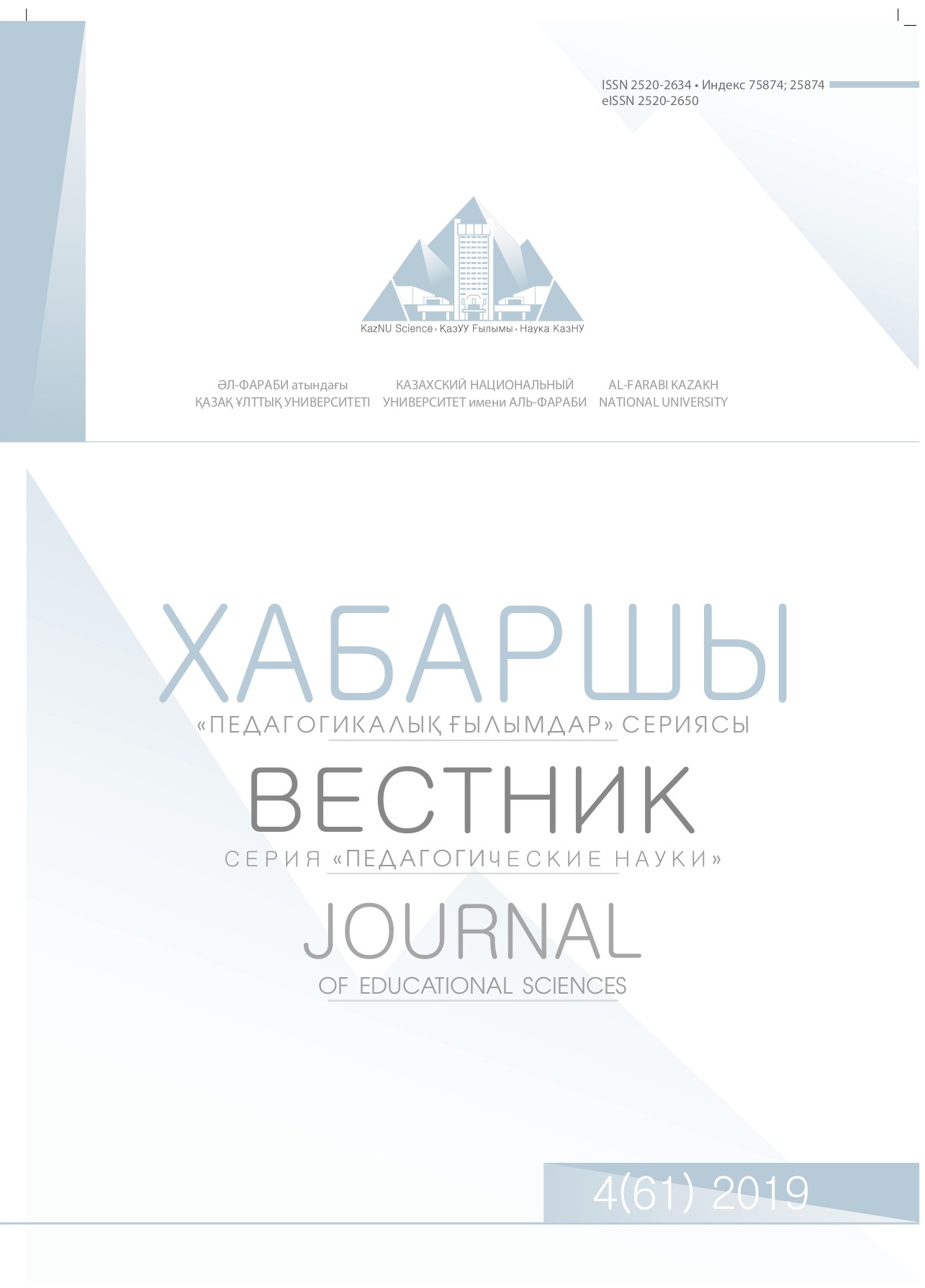Аудит в сфере образования: социальная адаптация и качество образования
DOI:
https://doi.org/10.26577/JES.2019.v61.i4.010Аннотация
Актуальность темы исследования обуславливается: во-первых, значимостью процессов модернизации рыночных механизмов функционирования казахстанской экономики, появлением новых задач её структурного реформирования и повышения конкурентоспособности, особенно в период посткризисного восстановления; во-вторых, инновационным характером социального аудита, сравнительно недавно используемого в Казахстане и имеющего свои национальные особенности. Данная тема принимает особую значимость ввиду принципиальной необходимости использования процедур определения показателей социально-экономических процессов; в-третьих, актуальностью тендерного аспекта социального аудита. Казахстанские ученые проявляют активность в разработке социального аудита в аспекте регулирования социально-трудовых отношений. В качестве основы для моделирования механизма взаимодействия систем государственного и социально-профессионального оценивания по качеству высшего образования целесообразно использовать следующий подход: (1) представление в механизме социального компонента различными субъектами, специализирующимися на оценке гарантии качества высшего образования; (2) взаимодополняемость государственной и общественно-профессиональной оценки качества высшего образования, основанная на взаимной заинтересованности участников рынка образовательных услуг в обеспечении конкурентоспособного качества высшего образования, (3) расширение академических свобод и автономии университетов; (4) необходимость внедрения механизма признания и учета результатов общественной и профессиональной оценки качества высшего образования при принятии решения о государственной аккредитации органов высшего образования. Ключевые слова: социальный аудит, стратегия, развитие, образование, реформирование, образовательные услуги, неравенство.















